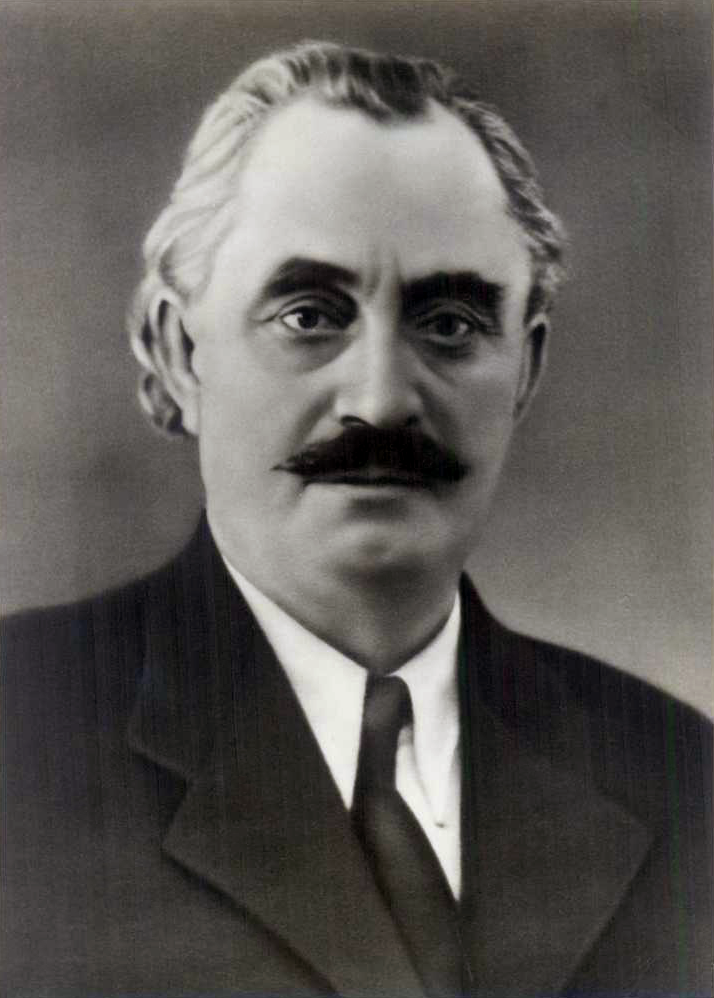 |
| 70% bad? |
"Revolution" was the theoretical magazine of the Revolutionary Communist Party, USA. This is a review of the issue dated June 1981, which may be of some interest to left-watchers. The RCP was originally a fairly regular Maoist organization, but veered sharply "to the left" (as in ultra-left) after the death of Mao, when the RCP leader Bob Avakian decided to support the so-called Gang of Four in China. That´s the crazy faction around Mao´s widow Jiang Qing which wanted to continue the Cultural Revolution! What the RCP believes in today, is anybody´s guess.
Judging by this issue of "Revolution", the RCP´s ultra-leftist turn was surprisingly consistent. Several articles explicitly repudiate the Popular Frontist line associated with the Seventh Congress of the Communist International and Georgi Dimitrov. One article argues against the politics of the Communist Party of Spain during the Spanish Civil War. The RCP believe that the Communists should have formed a Red Army instead of joining the Popular Front government! While this Communist army would be in tactical alliance with the forces of the Republic against Franco, it would nevertheless be an independent force. (This is simply Mao´s line in China projected onto the Spanish situation.) The articles on World War II, while not arguing against the Soviet Union or Mao joining the Allies, nevertheless take the position that the war was at all times an inter-imperialist conflict. That a socialist state was forced to join one side, doesn´t change this basic fact. Once again, popular frontism is condemned, as is Stalin´s "On the Great Patriotic War of the Soviet Union", a collection of speeches from the war years. While the RCP still uphold Stalin (the Soviet Union didn´t become "state capitalist" until after his death), they do admit that "revisionism" started to spread like wildfire already while the great leader was alive, and that his errors contributed to this situation.
The problem with the RCP is that they can´t really give a materialist analysis of why "revisionism" developed at all. The Trotskyist analysis is that Stalinism had definitive material roots in the bureaucracy and its material privileges, which led it to see "the defense of the Soviet Union" (really the defense of its privileged position as a ruling stratum) as central, while working class struggles and revolutions elsewhere could be betrayed if they didn´t fit the momentary needs of Soviet foreign policy. Both the "theory" of "socialism in one country" and popular frontism were logical outgrowths of such a situation. RCP, by contrast, defends the theory of socialism in one country, while seeing the "line" of Stalin and the Soviet Communist Party as a series of political and ideological mistakes and shortcomings. The whole take feels strangely idealist. Or not so strangely, since the RCP (in good Maoist fashion) presumably believe that the "line" is paramount.
The most well known article in this issue of "Revolution" is titled "You Can´t Beat The Enemy While Raising His Flag" and is illustrated by a bizarre faux American flag, in which the stars are replaced by spiders, while the stripes have turned into snakes! The article argues against any political adaptation, no matter how symbolical, to nationalism in the imperialist nations. Once again, various Communist policies from the Popular Front period are attacked. Avakian says that the American proletariat must learn to "hate the American flag" and that the American bourgeoisie can keep it. Communism, it seems, is no longer 20th century Americanism. In an accompanying article, the RCP polemicizes against the Marxist-Leninist Party (MLP), which during this period had evidently still not broken with Hoxhaism and *its* pop-frontist aspects. The MLP argued that the smaller imperialist nations are oppressed by the United States. In an intriguing twist, the RCP believes that both Hoxhaites and Eurocommunists really want the Western European nations to join the Soviet imperialist camp!
The magazine ends with a "joint communiqué" directed "to the Marxist-Leninists, Workers and Oppressed of All Countries", signed by 13 Maoist groups, including the RCP. (Interestingly, Sendero Luminoso in not one of the signatories.) It´s obvious from the declaration that the RCP still accepts Mao´s version of popular frontism ("New Democracy"). The communiqué even defends Pol Pot´s Cambodia against Vietnam - the standard Maoist position - while condemning both sides would be more logical. The Khmer Rouge, after all, had ties to Hua Guofeng´s "revisionist" regime in China, which overthrew the Gang of Four! The 13 left-Maoist groups decided to launch an international journal, "A World To Win", which later became the publication of the Revolutionary Internationalist Movement (RIM).
With that, I end my review of "Revolution, June 1981".
No comments:
Post a Comment